The torn and tattered leather of Len Van Roon’s boots have many stories to tell.

“These boots are the actual boots I wore and splashed ashore with on D-Day, and I wore them right to the very end,” said Len Van Roon, now 102-years-old.
The boots are just one of many relics Van Roon has hung onto for more than 80 years. He also has shell casings, tins he ate from, the old camera he took photos with, and 1,000 letters he wrote back home.
Van Roon left Manitoba and headed for England in 1943. Getting called to service came as a surprise to Van Roon, who was then 21-years-old.
“There was just my mother and I in a small poultry ranch, and I thought ‘they won’t be calling me up’. But, I was healthy, I was 21, and usable,” he said.
“I’m not really a terrific military person or anything, it was just a case of you were called up, you were recruited, and you were given a job to do.”
For Van Roon, that job was to radio back to the guns to ensure they were firing in the right place. June 6, 1944 is a day still etched into Van Roon’s mind.
“On D-Day, everything was organized and we sailed for the coast,” he said.
“There was a small boat attached to a very big one, and the sea was rough. And they they dropped us off into the ocean and we cruised fairly close to the shore, but our job was to make sure our shells were landing in the right place, that was the only job I had.”
The veteran spent some time waiting on Juno Beach with injured soldiers and prisoners of war, while devices called mine flails on Sherman tanks cleared out the mines on the beach. That’s when he witnessed heroic efforts by an officer he was with.
“There was a body out there that was being swept out to the sea and he knew that would be lost,” he said.

Get daily National news
“He just said ‘Van Roon, look after this’, and he waded out there and brought that body in so that wouldn’t be lost. When you talk about dedication or a job that somebody would do…. To risk his life in order to make sure that was done. There was situations like that that were unforgettable.”
The Normandy landings are credited with turning the tide of the Second World War. But for Van Roon, they also marked that start of a gruelling few months ahead.
“The landing was the tough part, and the next couple three months were really horrendous,” he said.
Van Roon then travelled through France to Belgium to Holland and then, finally, into Germany.
“It was a long trip,” Van Roon recalled. “We actually wore out the tracks on a Sherman tank, we had to replace them while we were in Holland.”
Many of Van Roon’s comrades and close friends lost their lives along the way, including his best friend Frank Walden.
“My closest friend, he took chances and he took too many chances,” he said. “He had the chance to do the worst job and he took it and I thought, ‘that’s it, he’ll never make it back’. And that was the case too. He lost his life.”
The end of the Second World War was a surreal moment for Van Roon. He returned home to Charleswood, a neighbourhood in Winnipeg, and married Verna, the love of his life who had been waiting for him back home.
“I watched her work through the church sometimes with young people and she had such a wonderful personality and just helped people, and I thought that’s a real special person,” he recalled.
“And that’s what it was, a real special person. She could assess almost any situation and help people.”
Upon returning home from the Second World War, Van Roon stayed committed to honouring those he fought with and those who lost their lives. He and his wife spent a decade working to idenitfy and gather photos of the 20 Charleswood men and boys who never made it home; those photos are hanging up in the Charleswood Museum. He also worked to raise money to create a plaque honouring those veterans from the Charleswood and south Headingley areas who lost their lives during the First and Second World Wars.
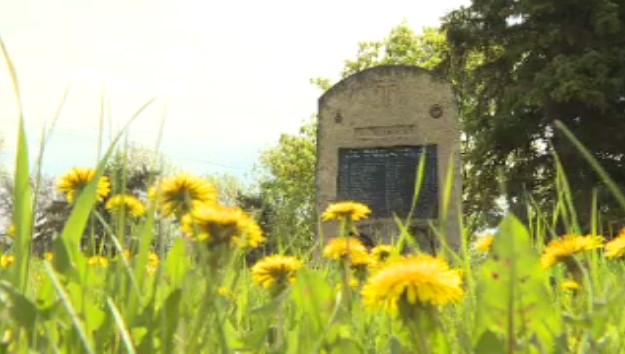
And at 102-years-old, Van Roon still speaks in local schools and at the museum, ensuring those who made the ultimate sacrifice are never forgotten.
“Somebody paid a real price so you could do this type of thing,” Van Roon said.
“It’s an opportunity to do things for your community and your country. And the opportunities are there, and don’t let that slip by.”


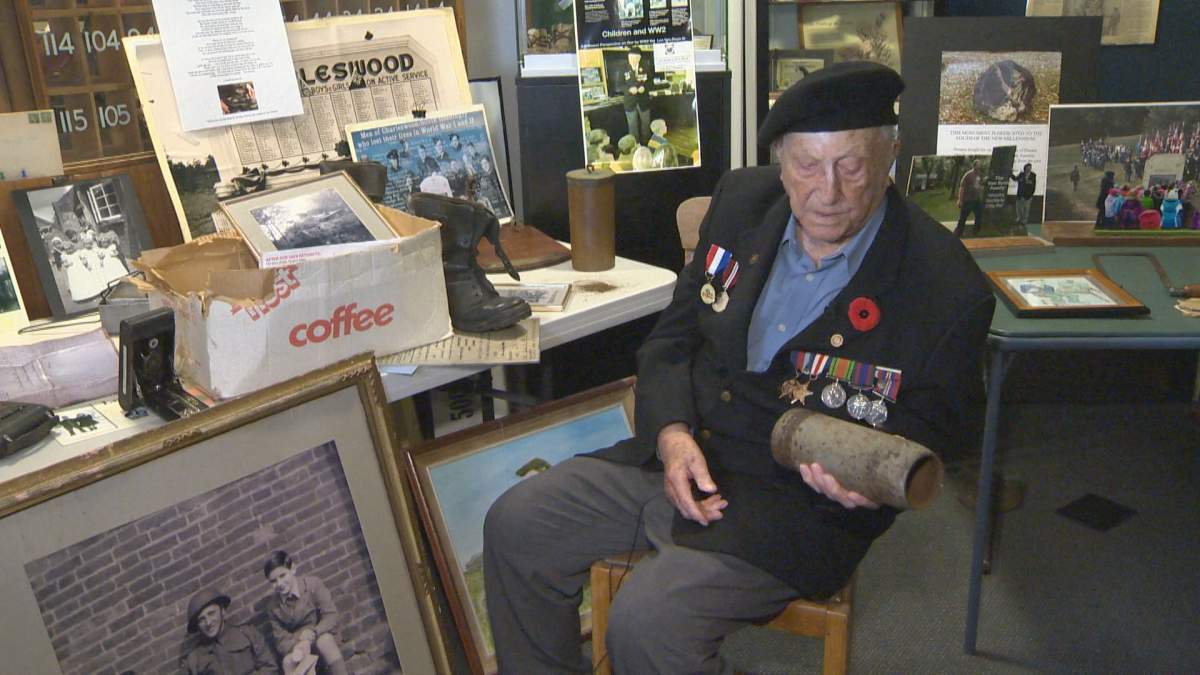
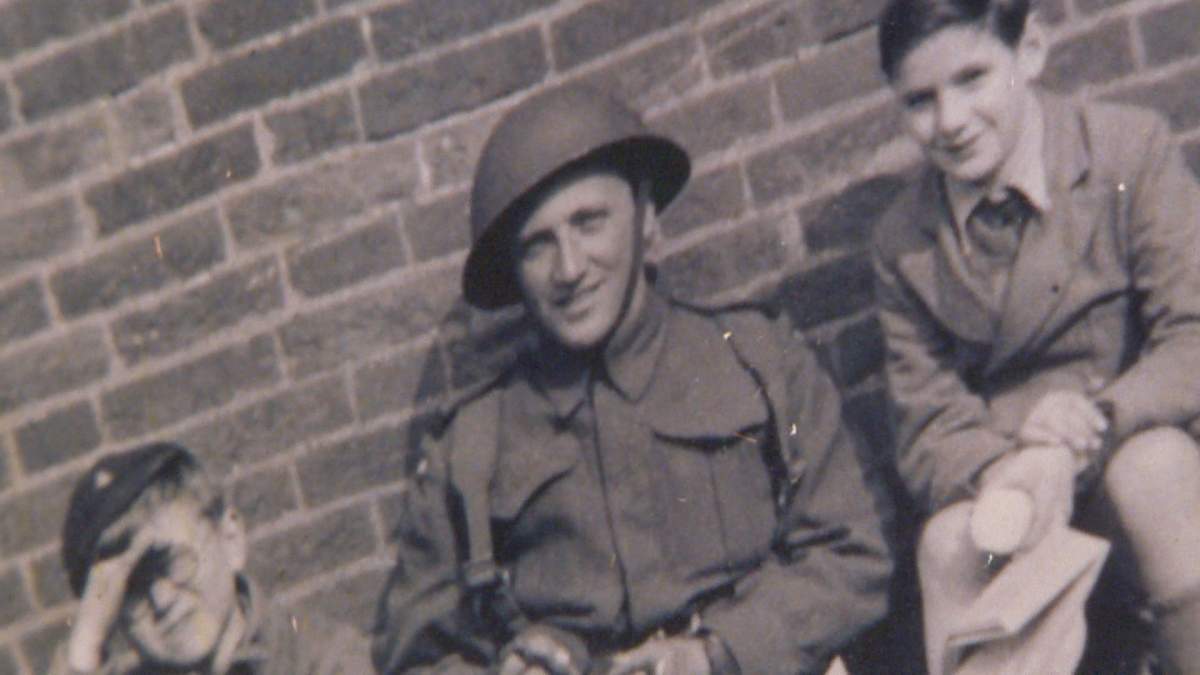




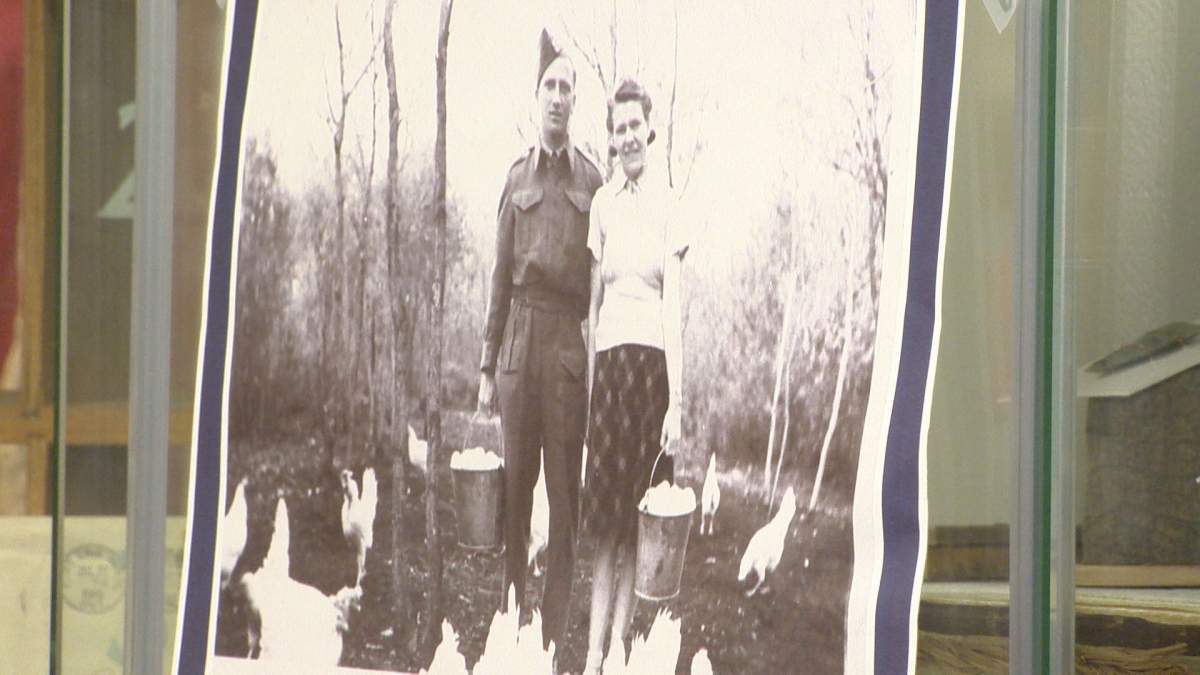
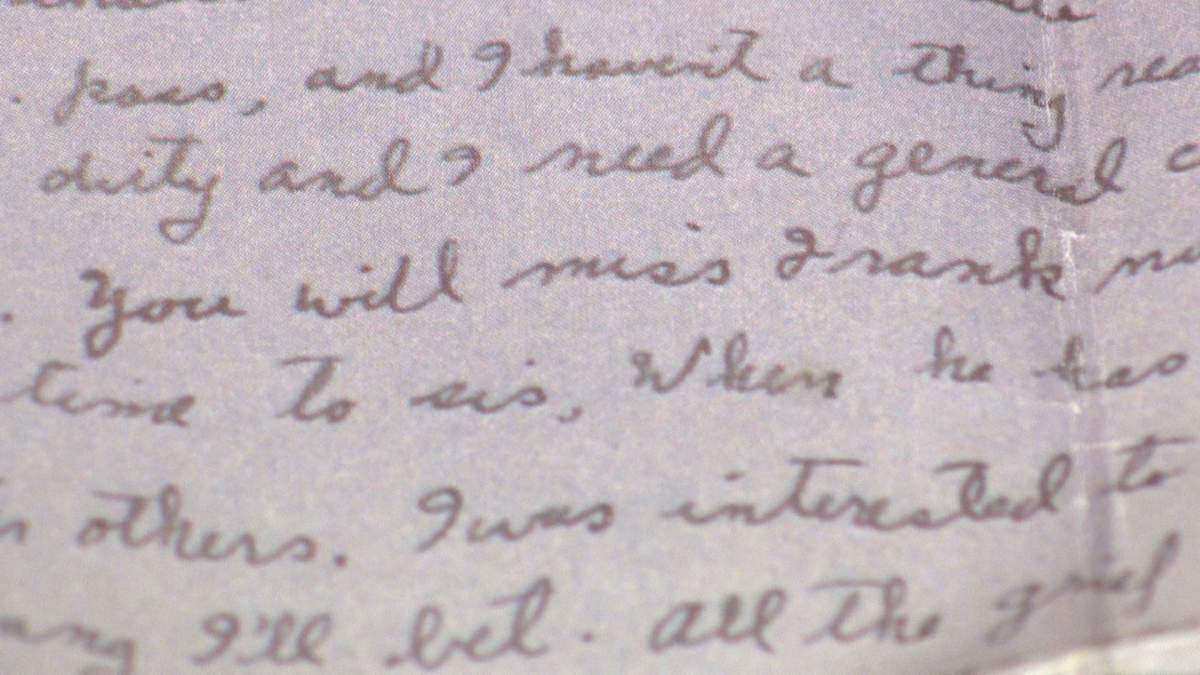
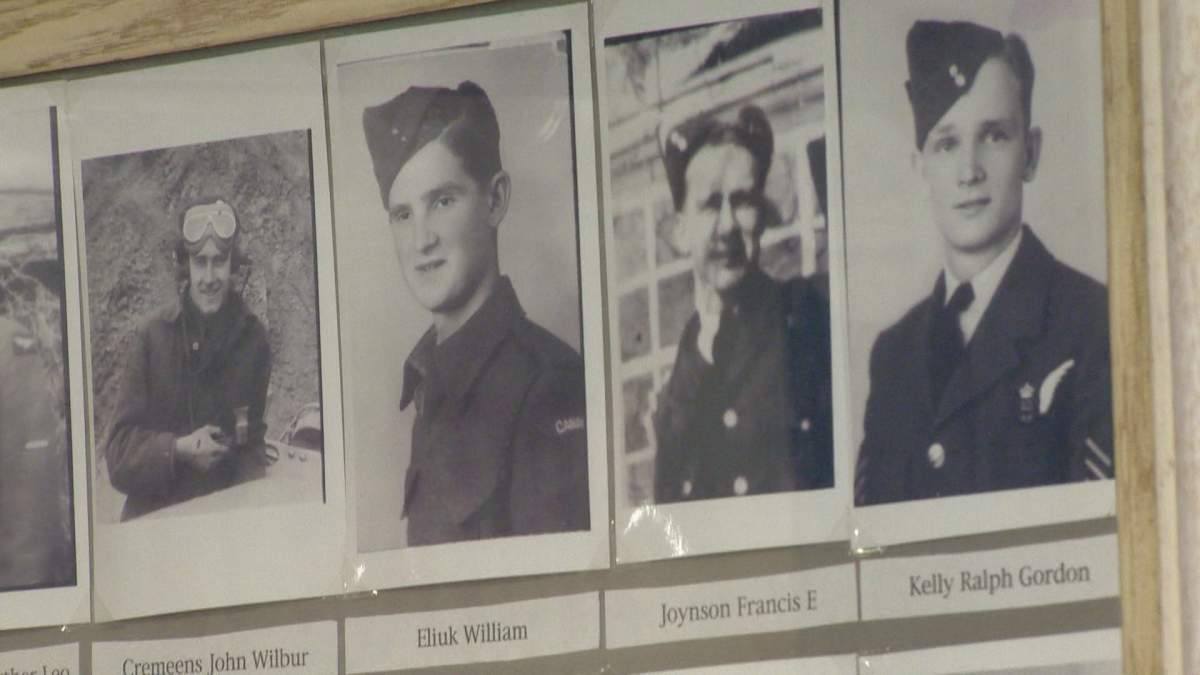
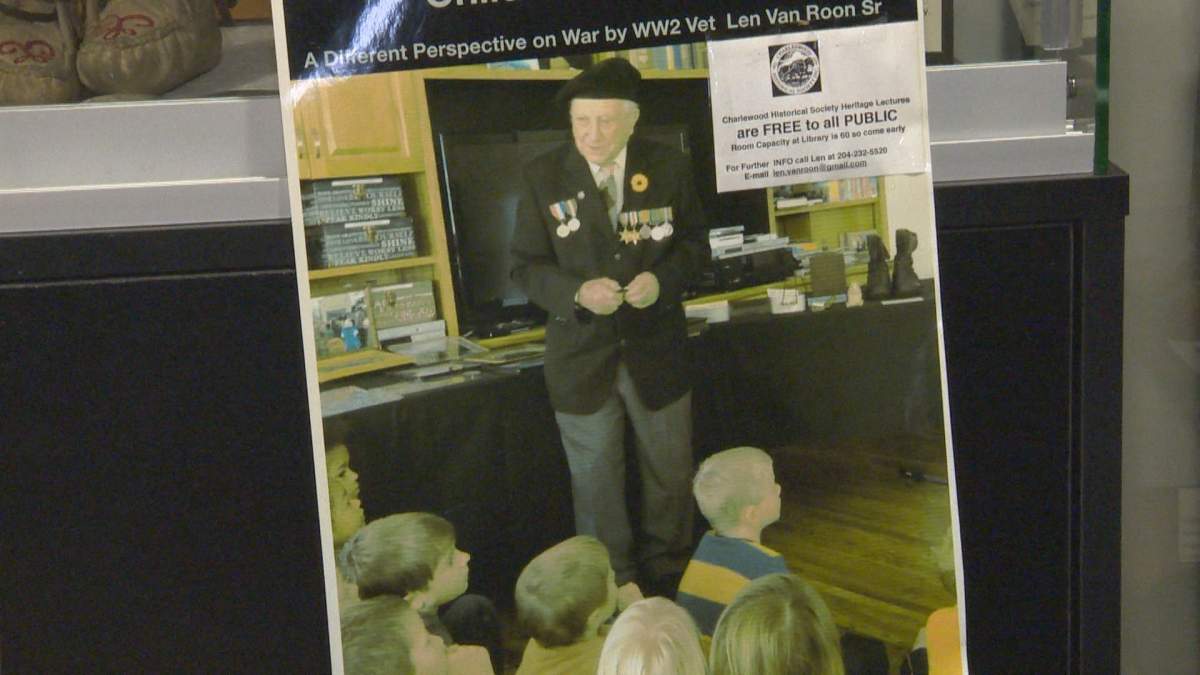
Comments